On to Chapter 2 of John Gardner’s The Art of Fiction. We begin with Gardner’s opinions about grammar, and our opinions about those opinions. Then we move on to his definition of genres and the great importance of “verisimilitude.” Wrapping up the discussion, we figure out what Gardner thinks makes for a true artist writing great literature. For our exercise, Renee has described a landscape as seen by a bird, she did not mention the bird.
And if you want to hear Kim’s take on the exercise, consider becoming a Patreon member. By becoming a member, you’re not only helping out with our podcast expenses, you’re joining us on our journey to improve as writers. We’d love to hear your opinion on the book, and how we’re doing as well.
The Writing Exercise
4a. Describe a landscape as seen by an old woman who’s disgusting and detestable old husband has just died. Do not mention the husband or death.
4b. Describe a lake as seen by a young man who just committed murder, Do not mention the murder.
4c. Describe a landscape as seen by a bird. Do not mention the bird.
4d. Describe a building as seen by a man who’s son has just been killed in a war. Do not mention the son, war, death, or the old man doing the seeing; then describe the same building, in the same weather and at the same time of day, as seen by a happy lover, do not mention the loved one.
Verisimilitude (vərəsəˈmiləˌt(y)o͞od)
Verisimilitude (vərəsəˈmiləˌt(y)o͞od): The appearance of being true or real.
-Oxford English Dictionary
(Number of times Renee attempts to say this word in the episode…9).
Gardner’s verisimilitude means detail, as in the “show” in the show, don’t tell rule. It’s detail and specificity in writing: describing, illustrating, creating the “dream” in the reader’s mind. It’s how one triggers suspended disbelief. Gardner says this creates a kind of “simulation of the real world.”
In all the major genres, vivid detail is the life blood of fiction… The reader is regularly presented with proofs–in the form of closely observed details–that what is said to be happening is really happening.
In other words, because effective story telling achieves the dreamlike state in the reader’s mind (suspension of disbelief), a writer must include specific detail and description because that’s how the reader accesses that dream.
The Main Ideas (you're welcome)
There's Three Genres of Fiction
- Realistic Writing requires the writer to simulate real life, make the events as realistic as possible.
- The Tale requires not convincing of how real it is but how sincere/world building through language.
- The Yarn…um, here you go:
[The Yarn teller] tells outrageous lies and simultaneously emphasizes both the brilliance and the falsehood of the lie; that is, he tells the lie as convincingly as he can but also raises objections to the lie, either those objections the reader might raise or, for comic effect, literal-minded country-bumpkin objections that, though bumpkinish, call attention to the yarn’s improbabilities.”
Gardner also makes a point about experimental fiction, but he covers that in his next chapter (and we cover it in our next episode). In other words: bla, bla, bla, Mark Twain. And maybe Kurt Vonnegut (and that’s a big maybe). Needless to say, this episode has been brought to you by the Jumping Frog of Calaveras County. We promise, no frogs were harmed in the making of this episode.
Author Personas
In this episode, we discuss a bit about authors who have adopted “tortured” or gothic personas, or had those personas imposed upon them. Here’s an image of Edgar Allen Poe…an early form of “branding?”
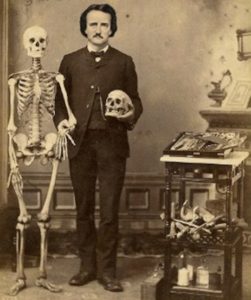
Continuing the Conversation
Fiction & Brain Science
In great fiction, the dream engages us heart and soul; we not only respond to imaginary things–sights, sounds, smells–as though they were real, we respond to fictional problems as though they were real: We sympathize, think, and judge.
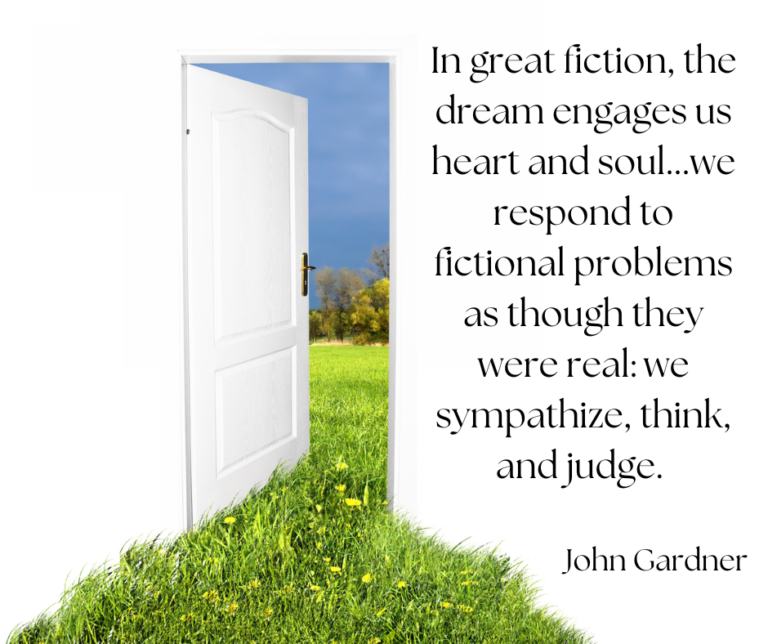
Gardner’s observation here was more scientifically accurate than he knew. Researchers discovered what our brains do when we read fiction. It turns out, reading fiction really is a simulation of the real world. Using fMRi machines to map the brain, they discovered that reading the word “cinnamon” and “jasmine” activated the olfactory regions of the brain. So when you were reading Harry Potter and felt like you were totally “there” at Hogwarts…in a sense, you really were. Of course, the process is much more complicated and nuanced than that. Here’s a succinct description of how the brain processes fiction:
Theory of Mind
Theory of mind is the ability to see from another person’s POV and reading fiction develops this skill. Without the benefit of having access to all of the real life experiences the world has to offer, reading fiction gives us access to social situations and experiences we might never have.
For those interested in this topic, check out this podcast episode Renee teaches in her literature and creative writing classes from Rough Translation: “Anna in Somalia” to illustrate the power fiction can have on our lives.
Further Reading
- Reading cinnamon activates olfactory regions
- Simulating Fiction: Individual Differences in Literature Comprehension Revealed with fMRI
- Reading Fiction Improves Brain Connectivity and Function
- Reading fiction and reading minds: the role of simulation in the default network
- Neurobiology Research Findings: How the Brain Works During Reading
Authors/People We Mention
Woops!
Kim got John Hodgman’s book title wrong. The books are: The Areas of My Expertise: An Almanac of Complete World Knowledge Compiled with Instructive Annotation and Arranged in Useful Order and More Information Than You Require
Gardner's Gender Ratio

*We’ve compiled the complete list of all authors he’s mentioned in each chapter. You can access the list on Patreon.
A Tribute to Karen Blixen (aka Isak Dinesen)
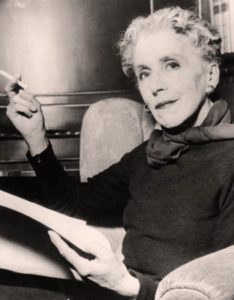
The sole female author Gardner mentions in this chapter is Karen Blixen under her pen name, Isak Dinesen. She is a Danish writer who wrote the notable memoir Out of Africa (film) and story Babbette’s Feast (film) both of which were made into Academy Award winning films.
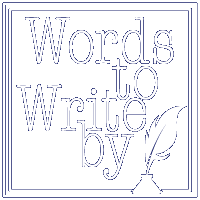

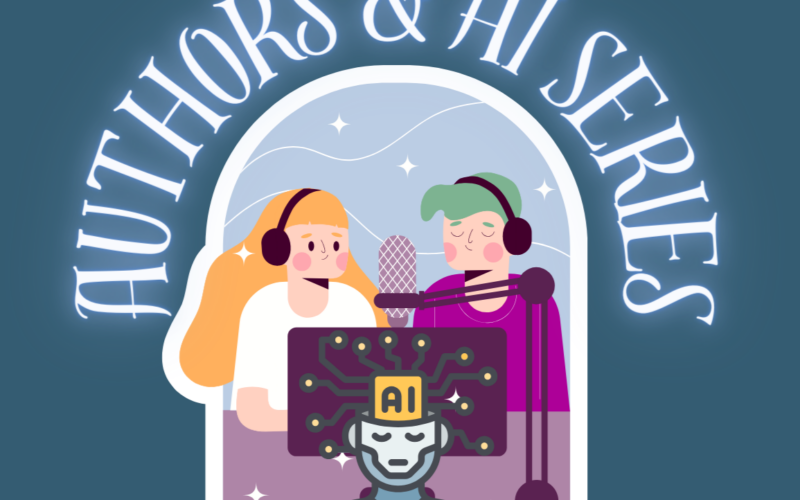
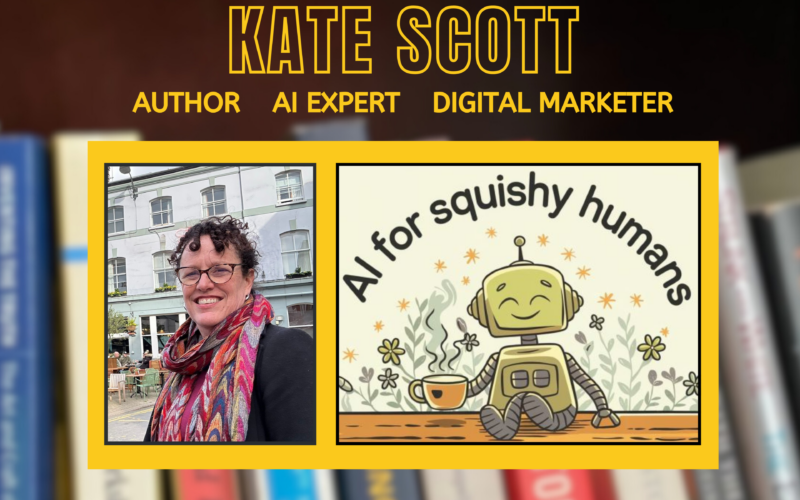
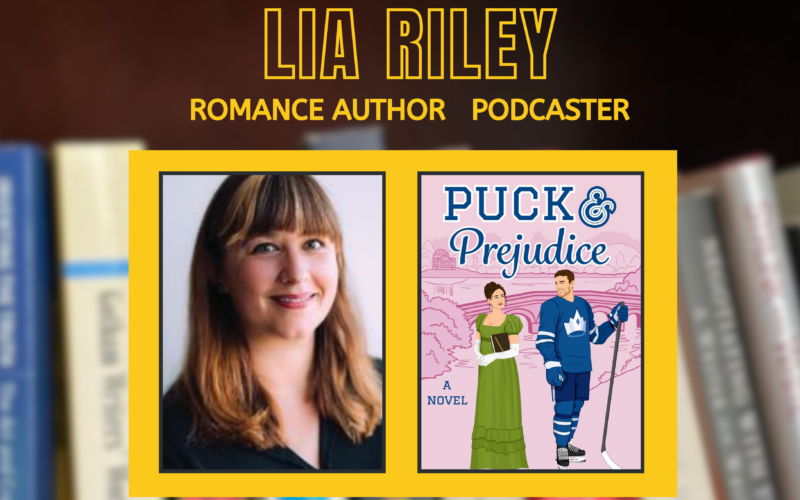
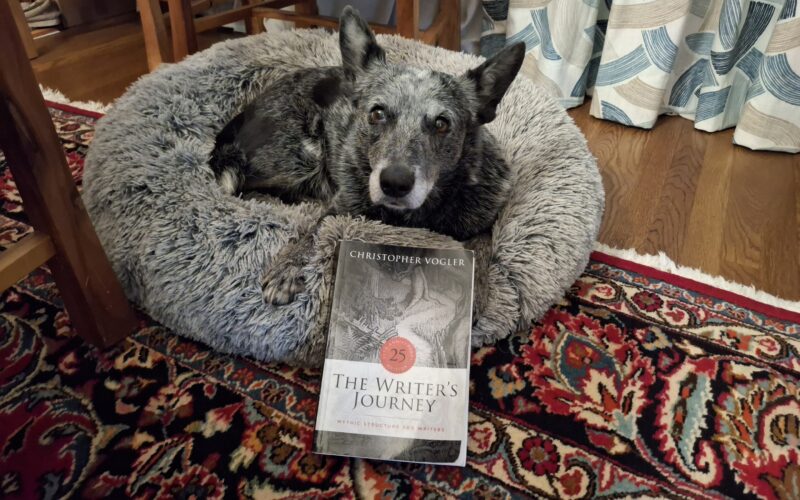
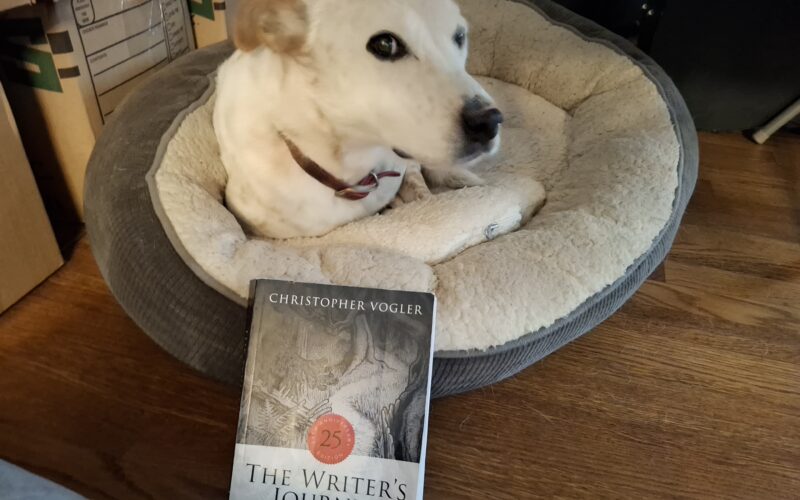
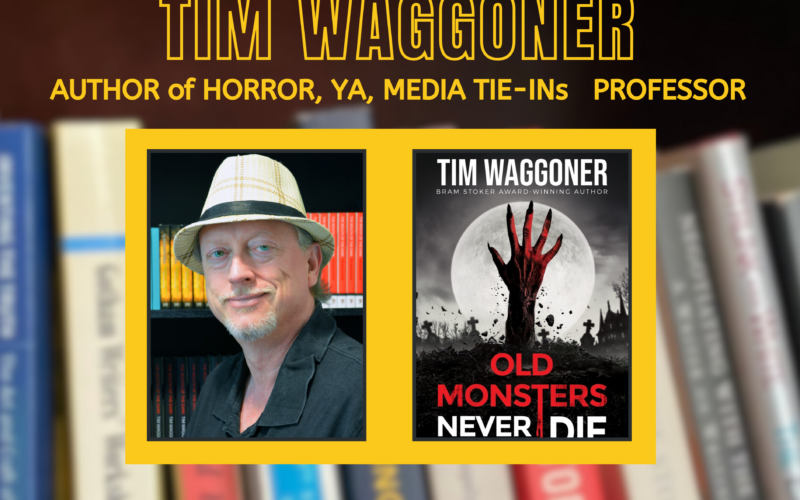

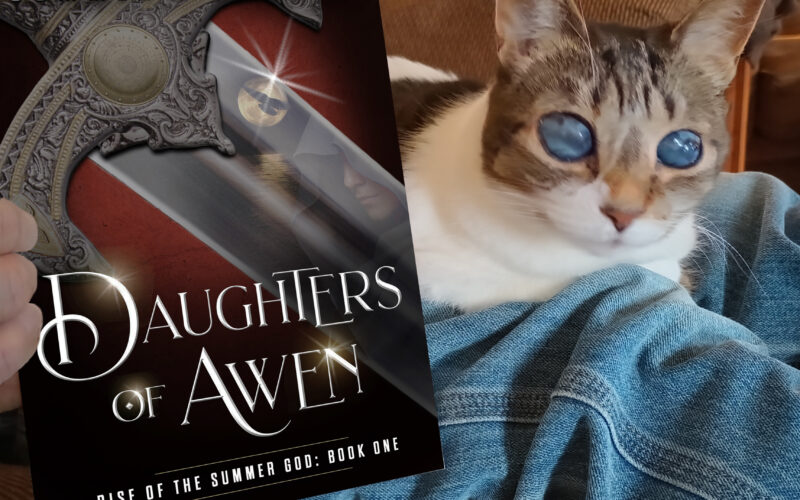

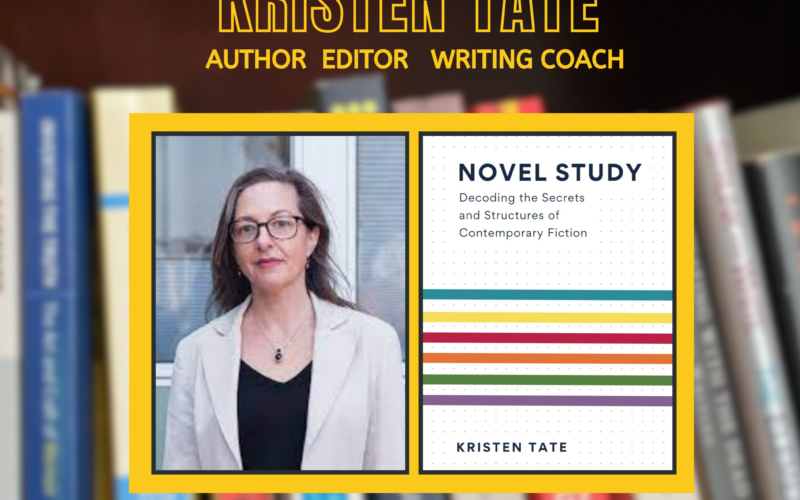
Not Your Usual Words to Write By: The AI Podcasting Challenge
Authors & AI SeriesEpisode 7: Not Your Usual Words to Write By: The AI Podcasting Challenge! Is nothing sacred? After exploring how AI might steal our writing jobs, we’re...